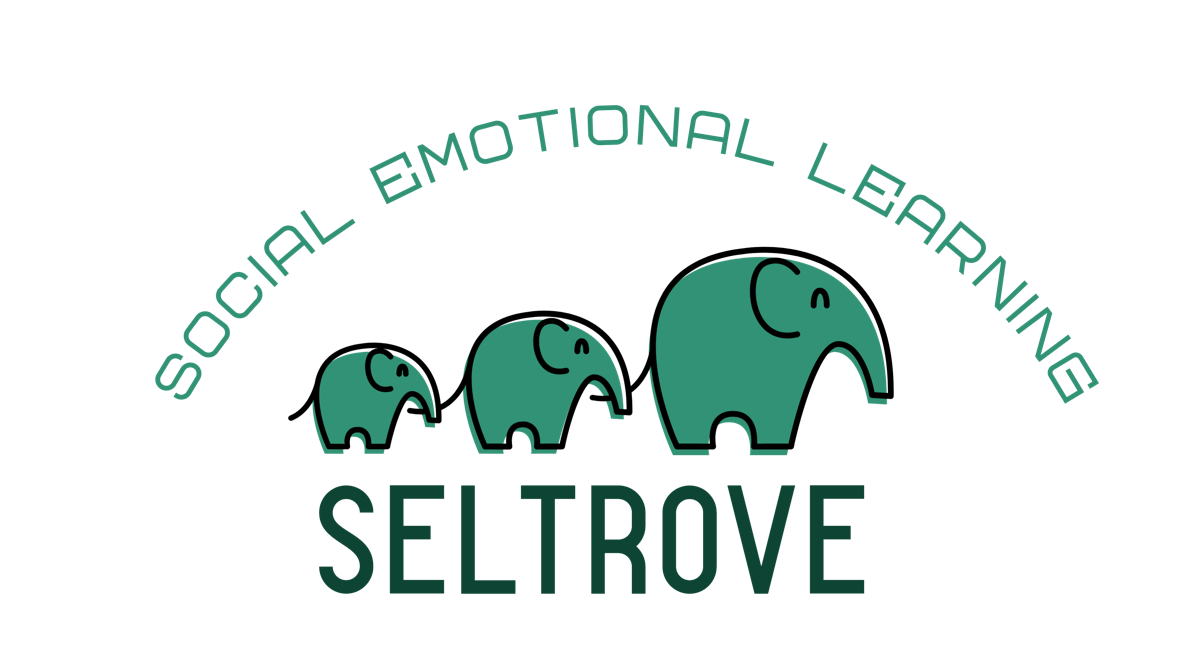Collaborative Partnerships
Greene's book centers around the idea of creating collaborative partnerships with children, including students. He reminds us of the history of the relationship between adults and children, like:
The problem with these ideas, obviously, is that they aren't centered on the idea of mutual respect. Students, no matter their age, are humans and deserve respect just like anyone else.
Greene writes, "It's all about balance, but the balance sometimes seems so precarious, so difficult to achieve. Fortunately [...] it's a partnership, and one in which collaboration, rather than power, is the key ingredient" (Greene 2).
Greene's book centers around the idea of creating collaborative partnerships with children, including students. He reminds us of the history of the relationship between adults and children, like:
- Do as I say.
- I'm always right.
- Respect me no matter what, I'm the adult.
- I can make you do what I want.
The problem with these ideas, obviously, is that they aren't centered on the idea of mutual respect. Students, no matter their age, are humans and deserve respect just like anyone else.
Greene writes, "It's all about balance, but the balance sometimes seems so precarious, so difficult to achieve. Fortunately [...] it's a partnership, and one in which collaboration, rather than power, is the key ingredient" (Greene 2).
But...
Want to learn more?
Check out our all teacher workshops!
Teacher workshops are great ways to train teachers in SEL topics in an engaging and easy way! Each bundle includes 4-5 individual workshops that center on 1-3 CASEL competencies.
Teacher workshops are great ways to train teachers in SEL topics in an engaging and easy way! Each bundle includes 4-5 individual workshops that center on 1-3 CASEL competencies.
Write your awesome label here.
